January 8
When the Kipharts began building wells in Ghana a dozen years ago, their principal contact was Peter Eduful, a Ghanaian who they had met through a mutual friend when Peter spent some time at the University of Chicago. Peter handled all logistics, contacts and finances for the Kipharts, eventually leaving his government job to work full time for the Kipharts. He was kind, deeply religious, competent and totally trustworthy. When Peter died suddenly, at 62, of a heart attack two years ago, it threw a complete monkey wrench into the Kipharts Ghanaian plans, and they began searching for a way to continue to operate. Feuds erupted between members of Peter’s family, some of whom he had employed, with the Kiphart’s knowledge, who thought they were “entitled” to assume Peter’s work. Not wanting to get in the middle of this feud and unsure that any family member had the skills to do the job, the Kipharts thought they would need to look elsewhere.
With the Olopades suggestion, we interviewed Peter’s son, Alex, a very bright young man with an architectural degree from Harvard. I was highly skeptical, not because he didn’t have the skills, but because I was uncertain he’d make the necessary commitment, with all the other things he has on his plate. Happily, I was dead wrong and, with Sola’s guidance and mentoring, Alex has produced several reports documenting the status of the 70 or so wells, conducting needs assessment interviews and making recommendations. We’ll be going with Alex and his partner in this effort, Frank, to visit a number of these wells today. (Last night at dinner we saw photos of Alex’s new twins.). This is a very happy and heartwarming ending to the story that began with Peter’s unfortunate premature death.
After breakfast at the Inn, we drive over two hours to Bonkwaso, the first stop of the exceedingly ambitious agenda Alex has set for us today. Traffic is heavy and the air quality terrible, aggravated by the dust because of the dry season. Once we get off the main road, travel is bone jarring and the dust from the dirt road so thick that we need to maintain a big distance from the other vehicles in our group. Several of us, including moi, have developed persistent coughs.
Rather than try to describe each place we stopped in detail, I’m going to give you the overall picture as best I can. The Kipharts, through the Olopades and the Center for Global Health at the University of Chicago, have embarked in the last couple years on trying to partner with villages, generally through their chiefs, and with governmental units (districts) so the the villages and government are sharing responsibility for water, sanitation and health rather than merely accepting gifts from the Kipharts. This is not an easy transition to effect, since the villages understandably liked getting unfettered gifts and districts were not averse to having their obligations performed for them.
The Kipharts decided to try to set up two model projects in the same district, Bonkwaso and Abasua, and those were the first two places we visited and the spots we spent most time at. In the first, the chief was resisting the new plan strongly, but Sola minced no words in letting him know definitively the way things were going to operate. My guess is that this chief is going to get it very quickly–he’s quite smart–and will operate well under the new rules. The second chief definitely gets it already. In both places, a representative of the district, with whom Alex had been in touch was present, and this was very helpful in conveying the message. After this meeting we had a terrific us scheduled meeting with the head of the district, who could not have been clearer in his understanding of, and support for, the new approach, saying, “Of course, if we do not do things for ourselves, how can we expect that you will do them for us?” These three meetings were enormously encouraging, and signaled a major change in operations achieved in a very short period of time, thanks largely to the Olopades and the excellent work that Alex Eduful has done.
We visited three more villages, involving substantial drives over bumpy, dusty roads. In each, we saw a well in operation, were greeted by chiefs and elders, had our, hands shaken repeatedly, told, “you are welcome, akwaaba,” exchanged speeches and saw adorable children. We go through a ritual of being asked, “what is your mission” and replying as to why we have come. Though I’m not making this sound so appealing, it actually is very interesting and great fun. I took many photos, a sample of which I include below, including members of our team, chiefs, children ( for which I’m a complete sucker) and a final photo showing a typically religious name for a retail establishment.

Alex
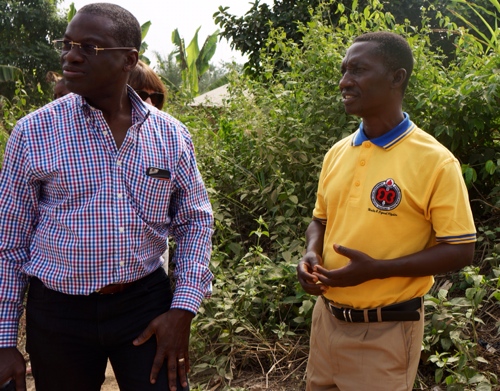
Sola and Jonathan, from the water district
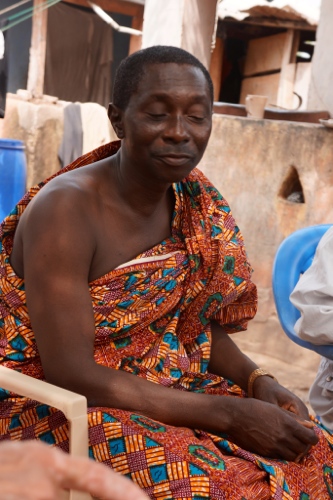
Abasua Chief
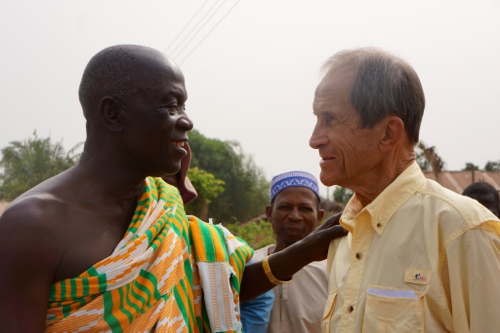
Dick and Chief
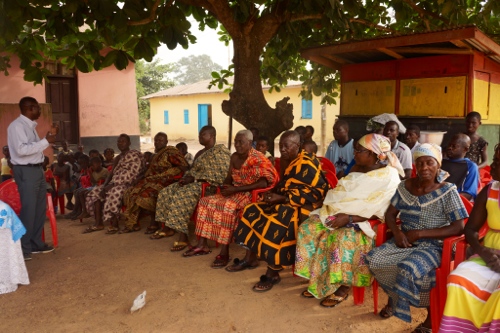
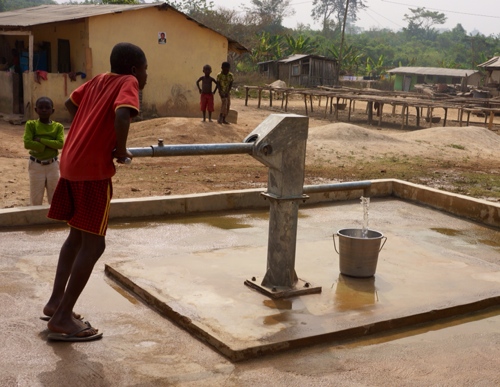
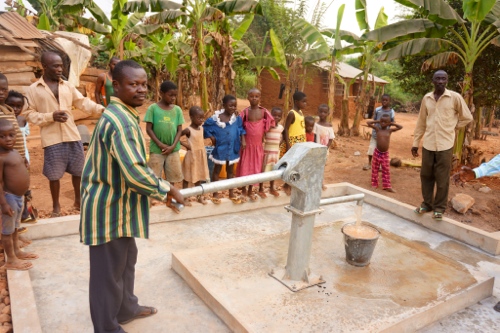
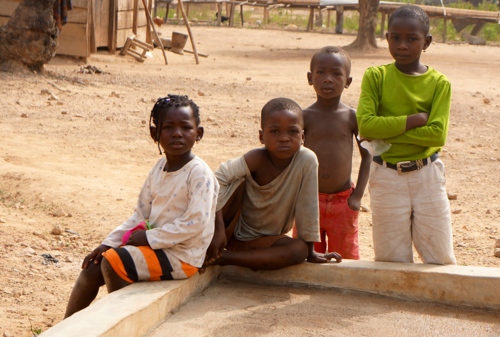
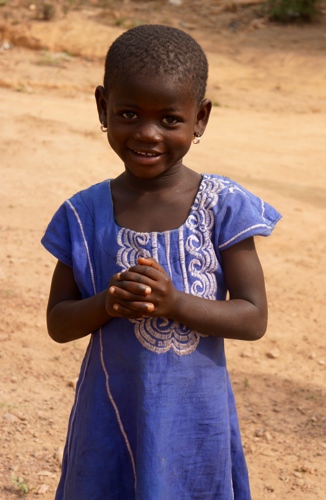
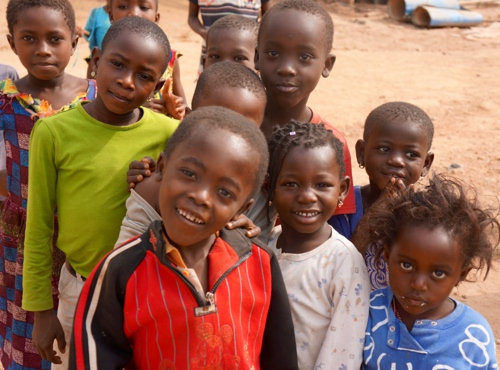
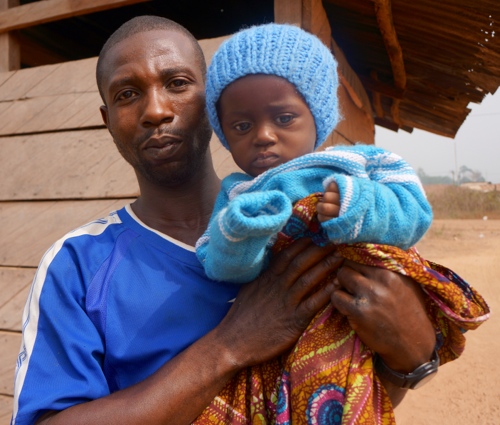
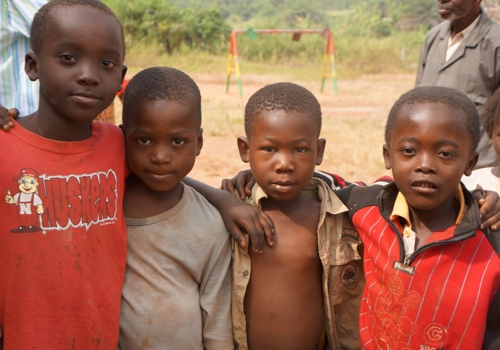
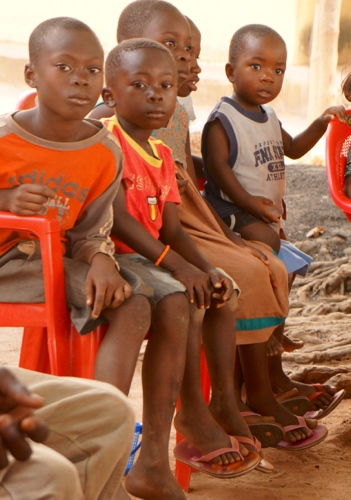
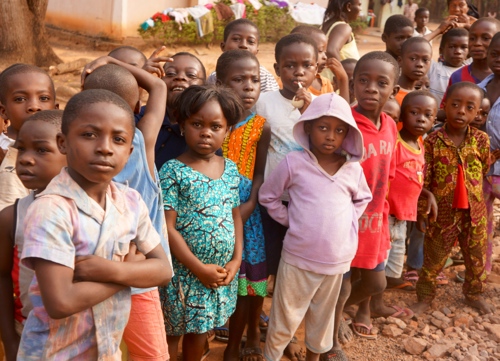
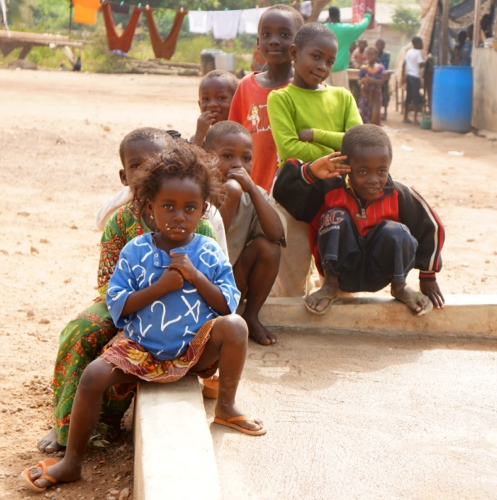
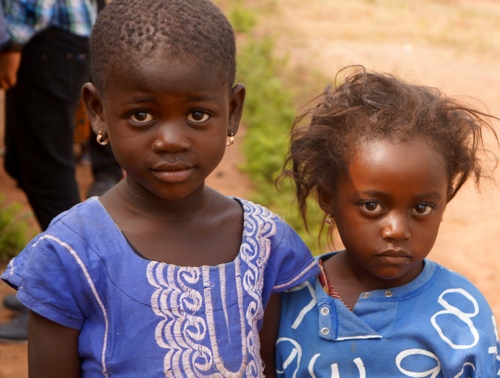
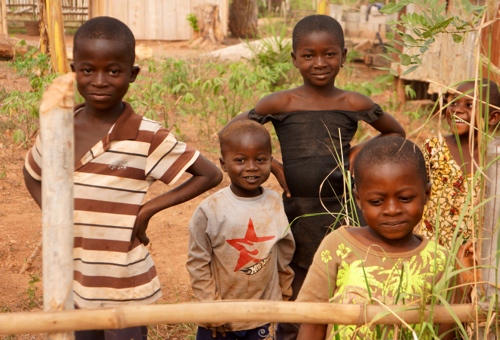
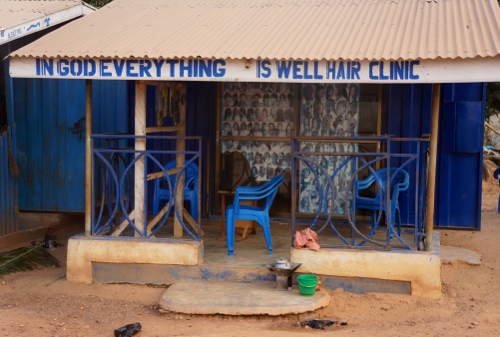
Okay, so I went a little overboard with the kids.
We drove back to the Inn, tired, dusty and badly in need of a shower. Half an hour later, we were off to a dinner attended by about twenty people, including all the people I’ve mentioned in this blog and five or six others who we’ve met on prior trips, including Dr. Annie and her doctor/son Robert, Alex Awesua, who has helped with the wells since Peter Eduful was involved, Dr. Ansong (of whom more tomorrow) and Phillip a terrific, young school headmaster. Everyone introduced himself and said a few words, which contributed to a very warm, family atmosphere in which everyone was genuinely glad to see one another.
Afterwards, we drove back to the Inn. The Kipharts, Olopades and Kanters spent half an hour or more debriefing the day and discussing future plans, as is our practice on these trips. Retired, with plans to awaken early for our last day.

Leave a Reply